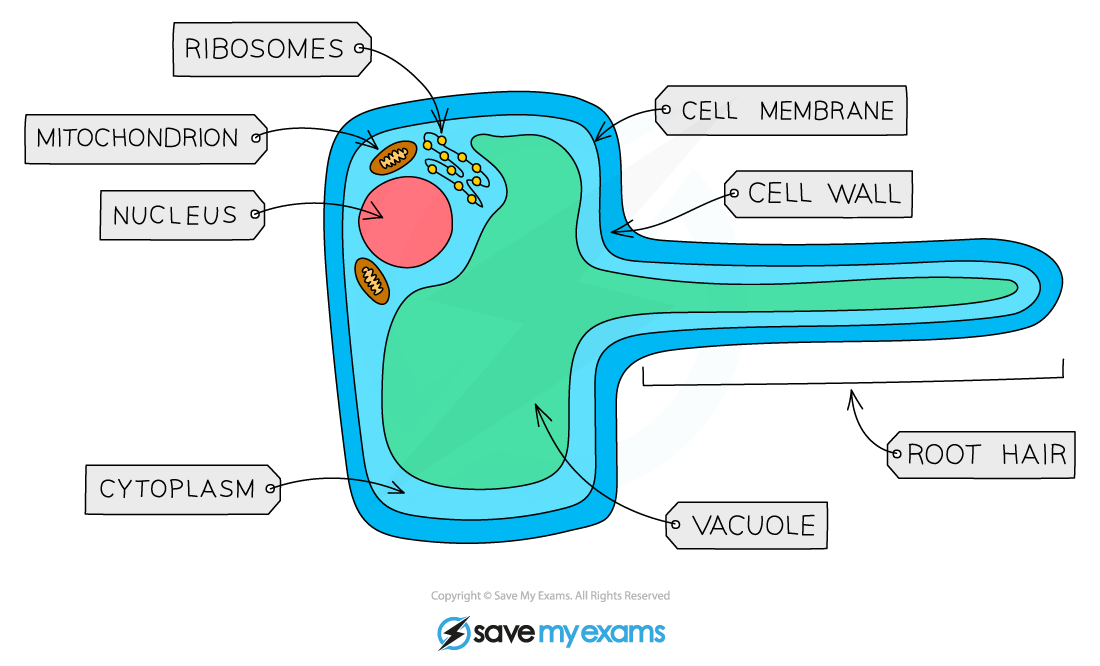Organisation of Cells (Cambridge (CIE) IGCSE Biology) : Revision Note
Learn about organisation of cells for your IGCSE Biology. This revision note covers cell specialisation & organisation into tissues, organs & organ systems.
Producing New Cells
The cells in your body need to be able to divide to help your body grow and repair itself
Cells grow and divide over and over again
New cells are produced by the division of existing cells
Did this video help you?
Specialised Cells
Specialised cells in animals
Specialised cells are those which have developed certain characteristics in order to perform particular functions. These differences are controlled by genes in the nucleus
Cells specialise by undergoing differentiation: this is a process by which cells develop the structure and characteristics needed to be able to carry out their functions
Specialised Cells in Animals Table

Diagrams of specialised cells in animals:

Ciliated cell

Nerve cell

Red blood cells

Sperm cell

Egg cell
Examples of specialised cells in plants:

Diagrams of specialised cells in plants:

Root hair cell

Xylem structure

Palisade mesophyll cell
Did this video help you?
Levels of Organisation in an Organism


Levels of organisation

Your syllabus states that you should be able to identify the different levels of organisation in drawings, diagrams and images of familiar material
An example of this is shown in the exam question below:

Typical levels of organisation question
Examiner Tips and Tricks
Most incorrect answers here come from not being able to identify a tissue, so it’s worth making sure you understand and remember that tissues are always made up of only one type of cell.

You've read 0 of your 5 free revision notes this week
Sign up now. It’s free!
Did this page help you?

